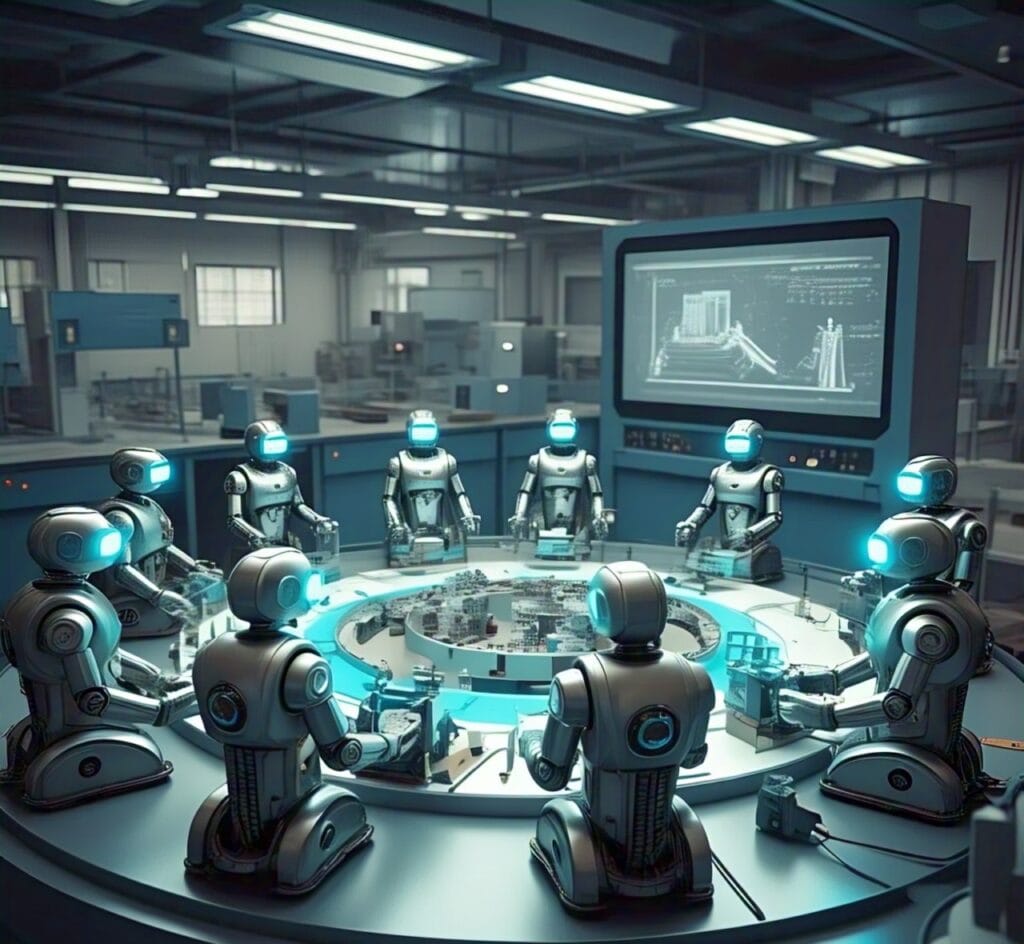
Understanding Automation: Its Importance and Uses
In today’s fast-paced world, automation has become a crucial driver of efficiency and innovation. It refers to the use of technology to perform tasks with minimal human intervention, improving productivity and reducing errors. From manufacturing and healthcare to business and daily life, automation is transforming industries and shaping the future.
What is Automation?
Automation is the process of using machines, software, or systems to perform tasks that were traditionally done manually. It involves advanced technologies like artificial intelligence (AI), robotics, machine learning, and computer algorithms to streamline operations, enhance accuracy, and minimize repetitive work.
Why is Automation Important?
Automation holds immense value in various sectors:
- Improved Efficiency – Automated systems work faster and more accurately than manual processes, reducing delays.
- Cost Reduction – Businesses can save money by automating repetitive tasks, cutting labor costs.
- Enhanced Accuracy – Automation eliminates human errors, improving data integrity and results.
- Better Resource Allocation – Employees can focus on creative, strategic tasks rather than routine work.
- Scalability – Automated processes help businesses expand operations without significantly increasing workforce size.
Uses of Automation in Different Fields
Automation is prevalent in several industries and daily activities:
1. Industrial and Manufacturing Automation
Factories use robotics and AI-driven machines for assembling products, maintaining quality control, and managing supply chains. Automation helps in reducing production time and enhancing efficiency.
2. Business and Office Automation
Many businesses automate tasks such as data entry, email marketing, customer support, and invoicing. Tools like CRM software and AI chatbots streamline workflows, making organizations more productive.
3. Healthcare Automation
Hospitals and clinics utilize automated systems for patient records, appointment scheduling, diagnostic imaging, and robotic-assisted surgeries, leading to improved healthcare services.
4. Transportation and Logistics
Self-driving cars, AI-powered traffic control systems, and automated warehouses improve logistics operations and mobility efficiency worldwide.
5. Home Automation
Smart home technologies, such as voice-controlled assistants, automated lighting, and security systems, enhance convenience and security for homeowners.
The Future of Automation
With advancements in artificial intelligence and machine learning, automation is expected to become even more integrated into daily life. Businesses will rely on automation to innovate and remain competitive, while individuals will experience more convenience in everyday activities.
Embracing automation is no longer an option—it’s a necessity in the modern world. As technology evolves, automation will continue to redefine industries, create new opportunities, and enhance the way we work and live.
